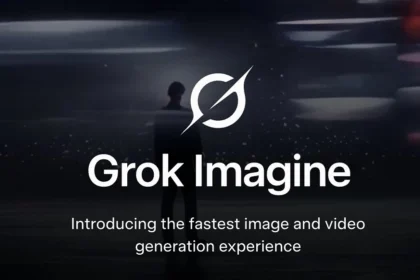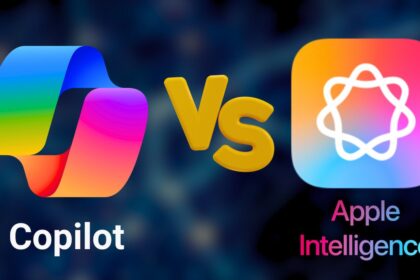Artificial intelligence is no longer just a buzzword or a promise of innovation — it has become the center of the cybersecurity battlefield, according to Google. Speaking at a press event in São Paulo, Sandra Joyce, Vice President of Google Threat Intelligence, made it clear: “Artificial intelligence today is both a tool for defense and a powerful weapon for attackers.”
Perfect Phishing, Deepfakes, and AI-Driven Scams
Joyce explained that cybercriminals are already using AI to take their attacks to a new level of sophistication. What used to be a sloppy, misspelled phishing email can now look like a legitimate, personalized message.
Some examples she highlighted include:
- Phishing campaigns with flawless grammar and tailored details.
- Deepfakes convincing enough to mimic public figures — such as the fake video of Ukrainian President Volodymyr Zelensky during the war.
- Vishing scams (voice fraud) that sound eerily real.
- Malicious code generated in minutes, accelerating the pace of social engineering.
How Google Uses AI for Defense
While bad actors use AI to attack, Google is betting on the same technology to defend. According to Joyce, AI models now make it possible to:
- Reverse engineer malware in minutes — a task that once took hours.
- Spot critical vulnerabilities before they are exploited.
- Analyze smart contracts to flag abuse in cryptocurrency platforms.
- Produce more detailed and faster intelligence reports.
“Our goal is to stay ahead, building security into design rather than just reacting after incidents,” Joyce said. She also cited Google’s collaborations with DeepMind and the Project Zero team, both focused on identifying flaws before criminals can exploit them.
Ransomware: Crime Turned Business
Another growing concern is ransomware. Joyce described it as an entire industry, with clear divisions of labor, commission structures, and even “customer service” for victims.
“It’s your company against an entire ecosystem. It’s extremely profitable,” she warned. Groups often rebrand and reorganize even after being shut down, making them harder to eradicate.
Despite the challenges, Joyce sees AI as a force for growth in the job market. Just as the internet created entirely new careers, she expects AI to reshape opportunities in cybersecurity.
“Artificial intelligence will create roles we can’t even imagine yet. At the very least, every professional will need a basic understanding of AI,” she said. Joyce also pointed out that Gemini, Google’s AI chatbot, is already the most downloaded app on the Play Store — proof of how quickly adoption is spreading.











